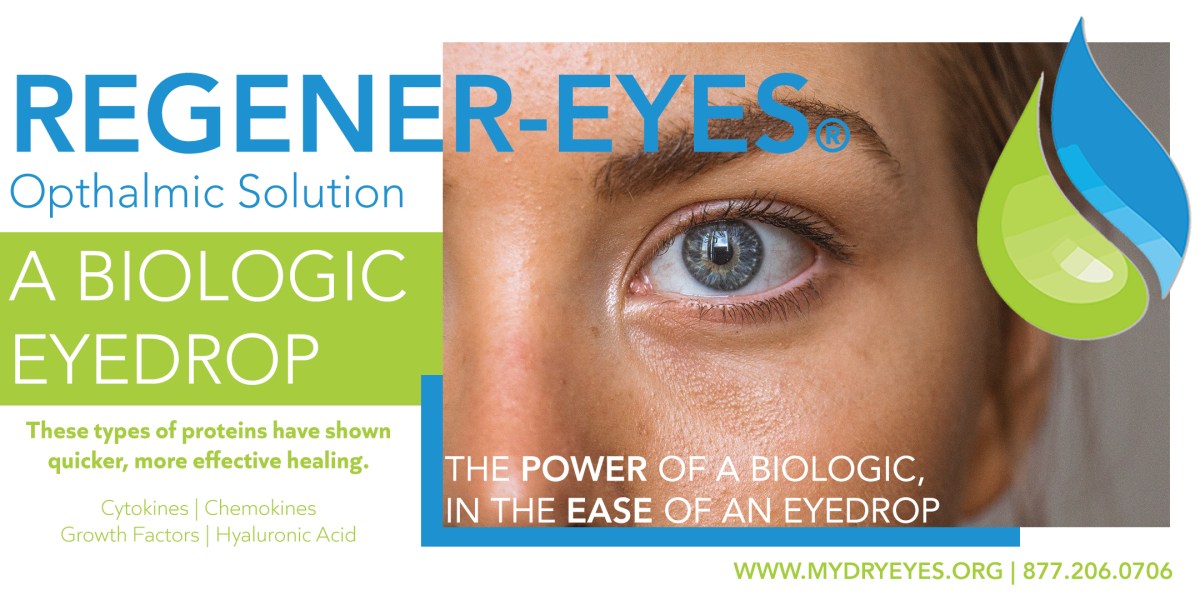It’s mostly been a week of good and encouraging news in the regenerative medicine space including with gene therapies maybe with the exception of some eye drops warnings (more below).
There’s realistic hope for an approved sickle cell disease soon. I also see some long-term positive news on hearing loss research. Hematopoietic stem cell transplant follow-up care may have gotten less onerous for some patients too. There’s a cool new porcine model paper on a combo cell and gene therapy for certain kinds of heart problems too.

Before we jump into the specific weekly reads, please check out my new video on our stem cell YouTube channel pushing back on stem cells and cord cells for autism. This includes the new development from Duke stopping their EAP on cord cells for autism. If you like our YouTube channel please subscribe.
Recommended reads
- Scientists May Have Figured Out How To Regenerate Lost Hearing, Futurism. Here’s the source PNAS article: Reprogramming by drug-like molecules leads to regeneration of cochlear hair cell–like cells in adult mice. It’s interesting that Myc and Notch signaling are involved. Long ago I was part of a collaboration looking at the role of Myc family members in Notch signaling in HSCs.
- Revolutionary at-home stem cell transplant recovery is a win-win for patients and hospitals, The Globe & Mail.
- Gene-edited cells move science closer to repairing damaged hearts, WaPo. Here’s the original Cell Stem Cell article by a team led by the wonderful Chuck Murry at the UW.
- Be Wary of Amniotic Fluid Eye Drops, FDA Says, MedPage Today. Here’s a nice article as usual from Kristina Fiore. The FDA issued a warning on biologic eye drops including on Regener-Eyes. There just aren’t robust clinical trial data to support putting drops made in part of a baby’s amniotic material into your eyes. It may not be safe or do anything helpful. See also this newer post on Regener-Eyes maker getting a full FDA warning letter.
- Bluebird Submits BLA for Sickle-Cell Disease Gene Therapy, Biospace. This is great news. Increasing the odds of ultimately having at least one gene therapy for sickle-cell disease, a few weeks ago CRISPR Therapeutics and Vertex submitted their BLA. Nice, healthy competition.